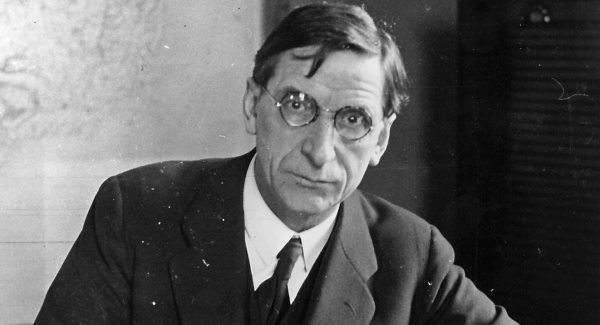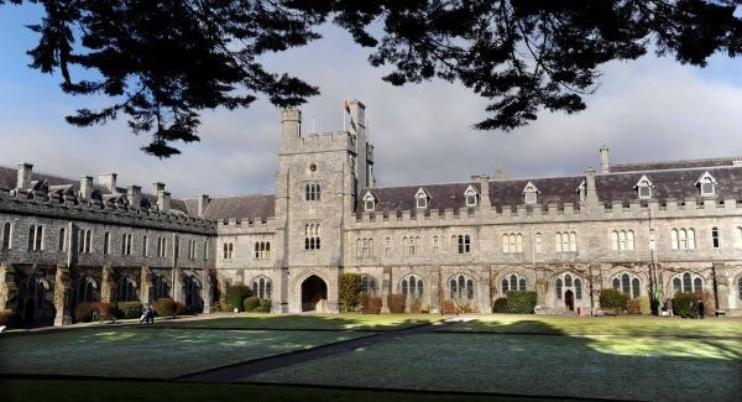In This Section
- Home
- Collections
- Atlas Resources for Schools
- Cork Fatality Register
- Mapping the Irish Revolution
- Mapping IRA Companies, July 1921-July 1922
- Mapping the Burning of Cork, 11-12 December 1920
- Martial Law, December 1920
- The IRA at War
- The Railway Workers’ Munitions Strike of 1920
- The Victory of Sinn Féin: The 1920 Local Elections
- The War of Words: Propaganda and Moral Force
- The IRA Offensive against the RIC, 1920
- De Valera’s American Tour, 1919-1920
- The British Reprisal Strategy and its Impact
- Cumann na mBan and the War of Independence
- The War Escalates, November 1920
- The War of Independence in Cork and Kerry
- The Story of 1916
- A 1916 Diary
- January 9-15 1916
- January 10-16, 1916
- January 17-23, 1916
- January 24-30, 1916
- February 1-6 1916
- February 7-14, 1916
- February 15-21, 1916
- February 22-27, 1916
- February 28-March 3, 1916
- March 6-13,1916
- March 14-20, 1916
- March 21-27 1916
- April 3-9, 1916
- April 10-16, 1916
- April 17-21,1916
- May 22-28 1916
- May 29-June 4 1916
- June 12-18 1916
- June 19-25 1916
- June 26-July 2 1916
- July 3-9 1916
- July 11-16 1916
- July 17-22 1916
- July 24-30 1916
- July 31- August 7,1916
- August 7-13 1916
- August 15-21 1916
- August 22-29 1916
- August 29-September 5 1916
- September 5-11, 1916
- September 12-18, 1916
- September 19-25, 1916
- September 26-October 2, 1916
- October 3-9, 1916
- October 10-16, 1916
- October 17-23, 1916
- October 24-31, 1916
- November 1-16, 1916
- November 7-13, 1916
- November 14-20, 1916
- November 21-27-1916
- November 28-December 4, 1916
- December 5-11, 1916
- December 12-19, 1916
- December 19-25, 1916
- December 26-January 3, 1916
- Cork's Historic Newspapers
- Feature Articles
- News and Events
- UCC's Civil War Centenary Programme
- Irish Civil War National Conference 15-18 June 2022
- Irish Civil War Fatalities Project
- Research Findings
- Explore the Fatalities Map
- Civil War Fatalities in Dublin
- Civil War Fatalities in Limerick
- Civil War Fatalities in Kerry
- Civil War Fatalities in Clare
- Civil War Fatalities in Cork
- Civil War Fatalities in the Northern Ireland
- Civil War Fatalities in Sligo
- Civil War Fatalities in Donegal
- Civil War Fatalities in Wexford
- Civil War Fatalities in Mayo
- Civil War Fatalities in Tipperary
- Military Archives National Army Fatalities Roll, 1922 – 1923
- Fatalities Index
- About the Project (home)
- The Irish Revolution (Main site)
De Valera Pipped to Post for UCC Professor Role

The shape of modern Ireland could have been very different if Éamon de Valera had not been pipped in his little-known application for a maths professorship at University College Cork three years before the Easter Rising.
by Niall Murray, Irish Examiner
The Ulsterman who pipped him to the post in 1913 later joined the British Army and was killed in action in France in July 1916. In the same year, de Valera avoided execution for his role as an Irish Volunteers commandant in the Easter Rising, owing to a mixture of the timing of his hearing, his US birth, and other factors. Des McHale, emeritus professor of maths at UCC, said while it is well known that de Valera was mathematical in his thinking, few people realise he almost won the post as professor of mathematical physics at the university in 1913.
Just one vote apparently decided the National University of Ireland appointment in favour of Edgar Harper, from Dungannon, Co Tyrone, a decision which Prof McHale said would have been full of political considerations a century ago.
He supervised a 2009 PhD thesis by Kathleen O’Sullivan on the influence of maths in the life of the ex-taoiseach and two-time President of Ireland.

“This mathematical aspect of his life is the one big blank in the life of de Valera that had not previously been filled in,” Prof McHale said. “When the post came up again, things had changed and Dev didn’t reapply, but who knows what might have happened if he succeeded on either occasion.”
While he had previously taught and lectured at numerous schools and colleges, de Valera’s post-1916 career included key roles in the first Dáil, the War of Independence, and in the anti-Treaty politics of the Civil War. Prof McHale, who will receive an honorary doctoral degree of literature from UCC next week, is biographer of the college’s first maths professor, George Boole. He said that mathematical influences are evident throughout de Valera’s life, including his stint in Kilmainham Gaol after his 1916 court-martial. Although his sentence of execution was commuted, another twist that changed the course of Irish history, Dev passed the time scratching the fundamental equation for quaternion multiplication into the wall of his cell.
“The 1937 Constitution is just the type of document a mathematician might draw up. It’s entirely black-and-white, there are no shades of grey to it,” said Prof McHale. “Even in his very later years, when his sight was fading, he would still take mathematical books out of the library.”
Edgar Harper was succeeded as professor of mathematical physics at UCC by Alfred O’Rahilly, who supported Sinn Féin after the 1916 Rising and was interned on Spike Island in Cork Harbour for political writings in 1921. He was a constitutional adviser to the team sent by de Valera to negotiate the Treaty that he himself would later oppose.
Thsi article was first published in the Irish Examiner on 28 October 2015
